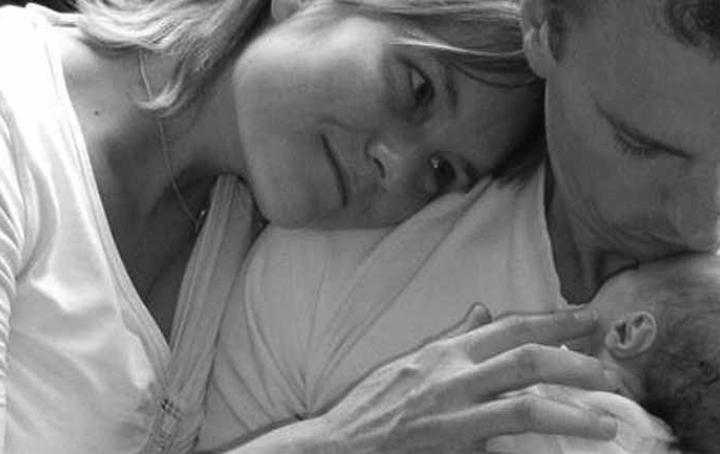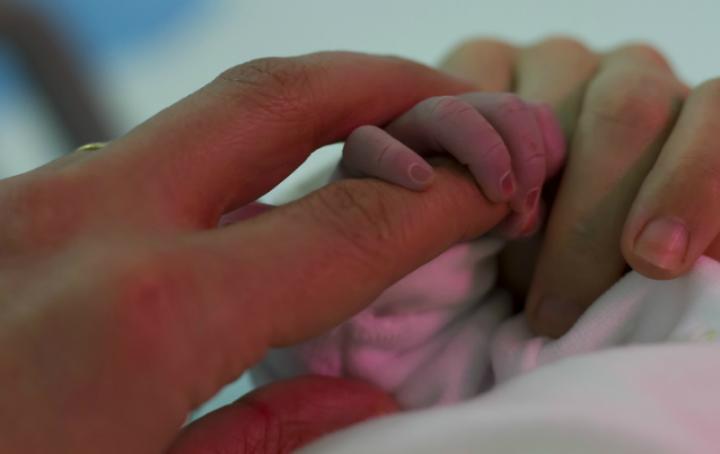When a baby dies after 22 weeks' gestation, the hospital or hospitals where the mother and baby were cared for review the care they received to understand if anything could have been done differently to prevent the baby from dying. Some deaths are also investigated by bodies who are independent of the NHS.
Find out more about reviews and investigations in these FAQs.
Find out more about reviews and investigations in these FAQs.

Perinatal Mortality Review Tool (PMRT)
The PMRT is the hospital review process for every baby who reaches 22 weeks' gestation and dies. Sands is a part of the UK's PMRT collaboration, the organisation of researchers, clinicians and parents, ensuring parents' needs are at the centre of all reviews into their care.

Child Death Review information
If a baby dies after birth, healthcare professionals may call the review process the Child Death Review (CDR). Hospitals will use the PMRT to review the mother and baby's care but there will also be other processes that take place. Parents should be kept informed.

Your views about your care are important
As part of any review, you should be given an opportunity to share any concerns, questions or feedback about your care when you are ready. The review should answer these. If this has not happened for you, you have a right to complain or feedback in other ways. We have written guidance to help you with this.

Maternity and Newborn Safety Investigations (MNSI)
In England, the deaths of some babies are investigated by an independent body called MNSI (formerly HSIB). This is if the baby reaches term (37+ weeks' gestation), is alive at the start of labour and dies either during labour or shortly after. These investigations will take place only with parents' consent.

When there are concerns about quality of care
Sometimes healthcare professionals may be concerned that the mother or baby did not receive the right care and something more could have been done to save the baby. In this case, a Patient Safety Incident Investigation (PSII in England) or Serious Adverse Event Review (SAER in Scotland) will be carried out.

If there are delays in the review process
We know from listening to parents how distressing it is when there are unexpected delays to the review report into their care. We have created some template letters in supporting parents in communicating with your hospital(s).
Over more than a decade there have been numerous national maternity reports highlighting where care for mothers and babies should be improved to save lives. These national reports, many of which were driven by the voices and experiences of parents, have focussed national attention on making care in the UK even safer.
